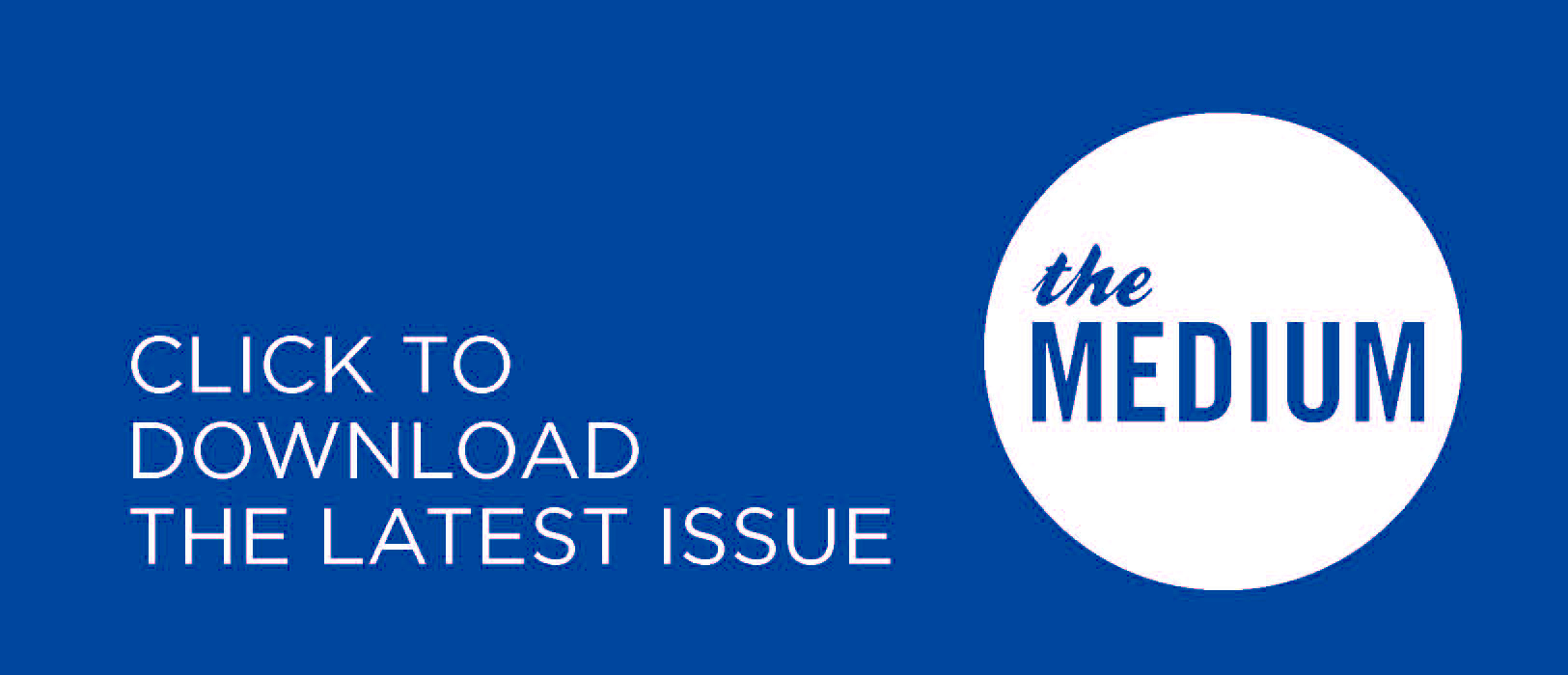- Luke’s Languages #4
- Article by Luke Sawczak on November 14, 2011
Hello again, everyone! We’re halfway through the series now, and I’m going to take this opportunity to apologize that each subject must be treated so broadly; each one could easily have an entire series of its own. But for now, I’m trying to pack a lot of different aspects into not much time and space in the hopes that something will catch your eye. Anyway, back to the topic at hand.
Last week we talked about different sounds from different speakers. Now let’s look at words. The differences in terms between Canadian and British can be confusing, like hearing Harry Potter call a flashlight a “torch”, or awkward, like your British friend asking if he can “knock you up” (get in touch with you). And when you tell him in detail about your new “pants”, he’ll probably snicker, unless you’re having a very solemn conversation about underwear. Which is entirely possible. I have done it.
And we’re all familiar with odd things like chesterfields, full stops, and biscuits. I recently heard a British speaker correcting “biscuit” to our “cookie”, but he went a bit too far and invented the “dog cookie”…
Anyway, no doubt you’re asking yourself how it ended up in such a mess; after all, aren’t we all just descended from immigrants? The answer is that language changes—most fluidly in its words. We constantly have new things to name, and different ways of doing it. There’s blending (like Lewis Carroll’s “chortle” from “chuckle + snort”), acronyms (like “radar” from “radio detecting and ranging”), borrowing (like the hilarious “smorgasbord” from Swedish), backformation (like “prequel” as if the “se” from “sequel” was detachable), and true coinages (like The Simpsons’ “meh”, “yoink”, and “d’oh!”). As you can imagine, give two isolated groups a few hundred years alone and they all end up “talkin’ funny”. French and German did it too, most notably in Québec and Pennsylvania.
The differences go even further, but historical linguistics is a whole nother topic, and we have to save it for another day. For next week, I just want to narrow our focus to the question of how we know what new words mean and understand each other in all the confusion. Look up Carroll’s “Jabberwocky” and be amazed at how much you understand.
But first, a cheap laugh. Head over to wiktionary.org and look up “cromulent”, including the extra “quotations” section. It’ll embiggen your mind.
Tags: language, Luke, volume-38-issue-10, words
Related
Hot Topics
- Fire destroys Argos campus facilities
- Article by The Medium
Mississauga Fire and Emergency Services responded to the 1:33 a.m. call on Saturday. Police say it’s not yet clear what set the blaze off.
- Read more in Hot Topics
News
- Parking deck expansion planned for 2015
- SEC hosts pub night for AIDS awareness
- UTMSU’s silent AGM
- Read more in News
A&E
- Pass the glass eyes, please
- Best. Music. Ever.
- The style list
- Read more in A&E
Features
- Kwanzaa and you
- Going home for the holidays? Lucky!
- Are ya listening?
- Read more in features





READ MORE